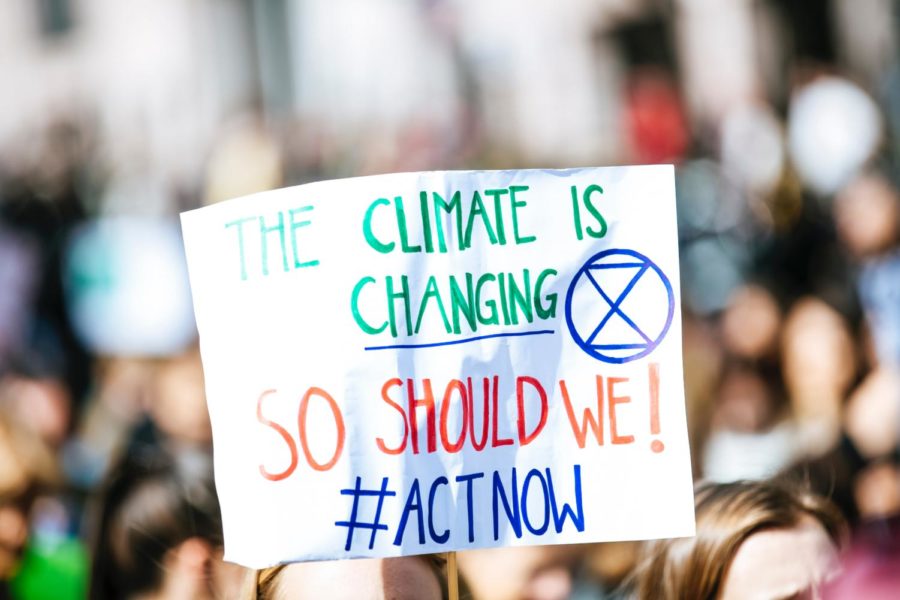COP26 Climate Change summit in Glasgow: What did it entail?
December 4, 2021
During the first two weeks of November, the United Nations held its 26th Annual Climate Summit in Glasgow, Scotland, also known as COP26. This year’s conference is especially important as it is a follow-up to the widely known COP21, or Paris Climate Conference. What took place in Paris was seen as groundbreaking by many, as countries formed the Paris Climate Agreement and created goals and pledges to curb global carbon emissions and warming for the first time. However, not only were these pledges not ambitious enough but also many countries including the U.S. failed to meet the goals they set. This raises the question: What actually happened at COP26, and how has this summit addressed the weaknesses within the Paris Climate Accords?
Although many things happened over the twelve-day conference, most people had their eyes on the Glasgow Climate Pact, signed by roughly 200 country representatives. It states that all countries should cut emissions, and wealthy countries need to fund developing countries in their efforts to become more sustainable and climate-resilient. Other notable pledges that were put into action include the pledge to “phase down” coal, to end deforestation by the year 2030, and to achieve net-zero emissions by the middle of the century. Furthermore, while only about 30 percent of countries promised to make net-zero emissions pledges by 2030, in 2021 that number has changed to roughly 90 percent.
However, even if all the pledges made during this summit are kept, climate models show that we still fall far short of the goals we need to meet before the effects of climate change are irreversible. As Senior Mehak Dhaliwal stated, “Though it is reassuring to see [the number of] nations and corporations signing pledges during COP26, such as the pledge to phase out gas car sales, it definitely worries me when research shows that even if these pledges are followed exactly, we are way off track from limiting a rise in temperatures to 1.5 degrees celsius.” On top of that, there is no guarantee that countries will follow through with the pledges they have made, repeating what happened with the Paris Climate Agreement. Sustainability Coordinator Ms. Cutler noted, “You can make all the pledges you want, but who will make sure you follow through with those commitments? For countries that don’t see the value in preventing climate change, I see no incentive to follow through with promises, and no consequence being enforced if they don’t.”
That being said, we need to remember the positives that have come out of Glasgow. The progress being made, no matter how great or small, is crucial to meet our goals as a planet; the easiest thing to do would be to either ignore the effects of climate change or be complacent with the world’s current status. Instead, the United Nations is actively working to address climate issues with these conferences and promote awareness of climate change in society. As Senior Caroline Ewing mentioned, “On a different note, I loved that Obama addressed young people, for example saying that we ‘can’t ignore politics,’ and must get involved in this fight at a level that is more than just raising awareness.” So, while it is true that we need to accomplish much more in the coming decade, we can be optimistic about what is yet to come in future years and climate change conferences.









Avery Eiseman • Jan 26, 2022 at 8:47 am
Insightful and delightful…